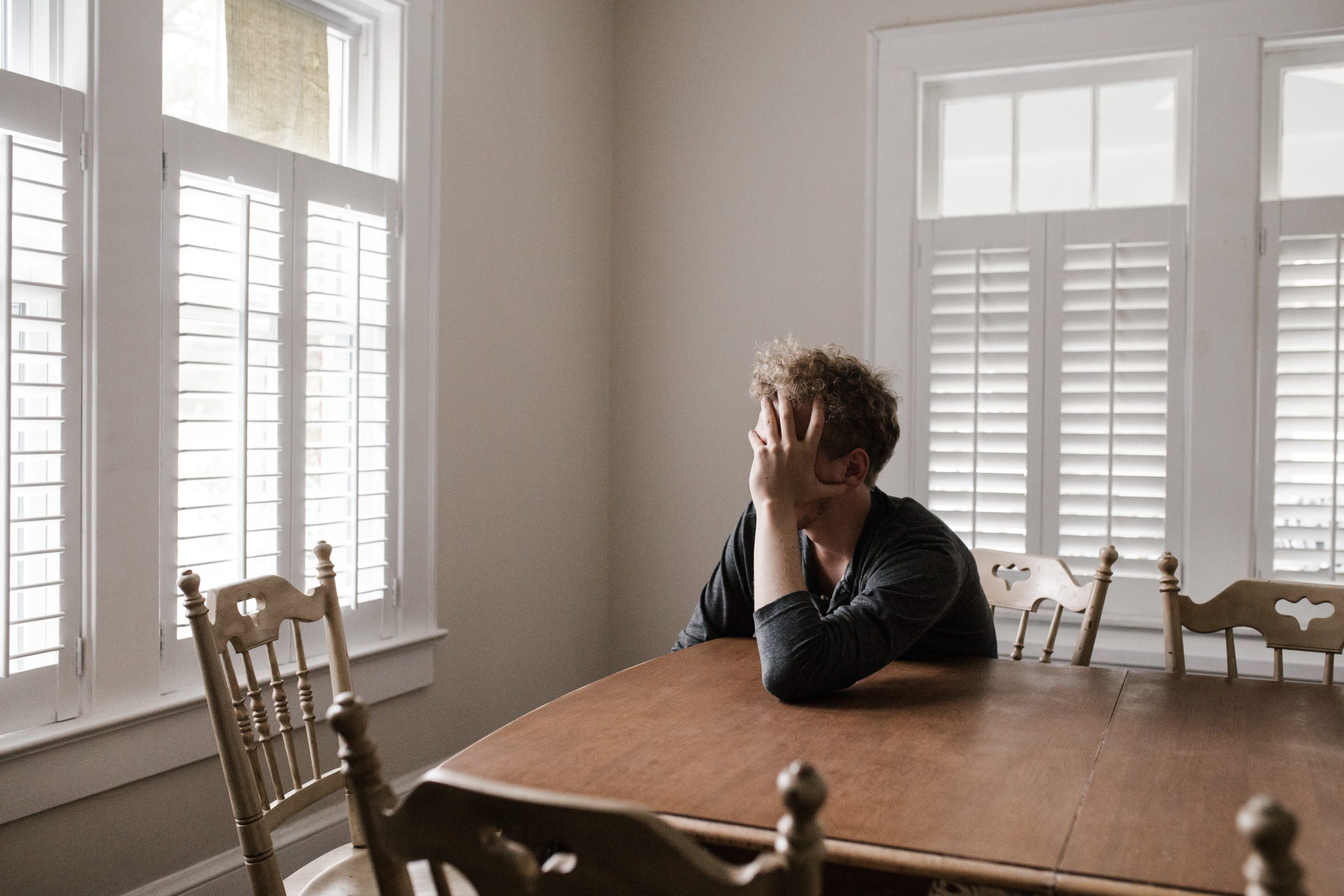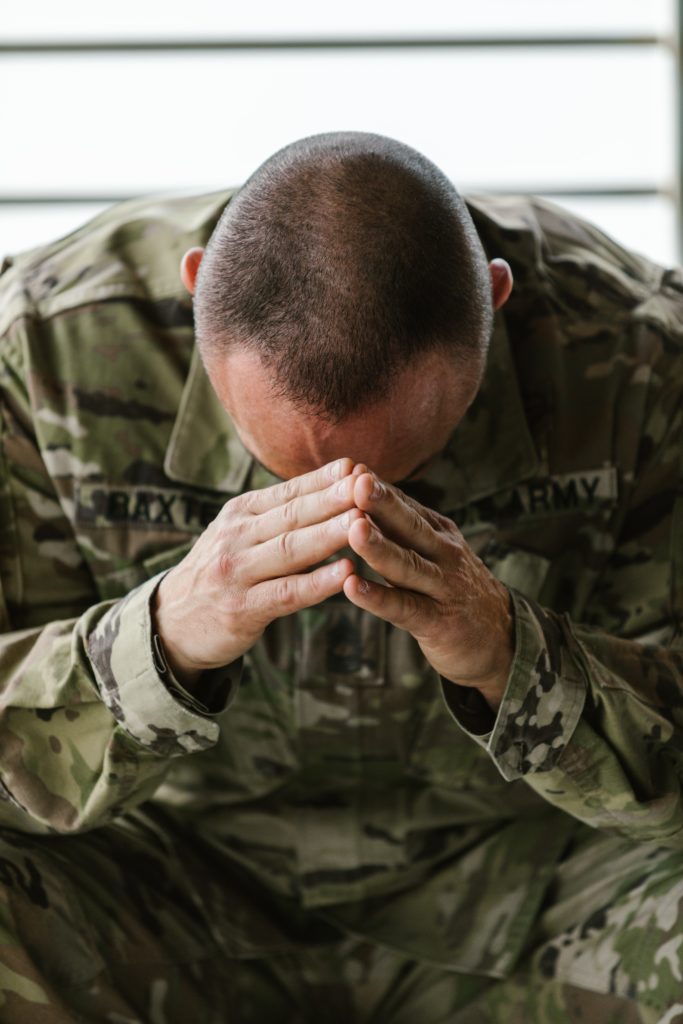
Depression
If you are one of the millions of Americans experiencing addiction and depression, hope is out there. We’re here to help.

If you are one of the millions of Americans experiencing addiction and depression, hope is out there. We’re here to help.
Almost one-third of people who are clinically depressed turn to drugs or alcohol to help them deal with their depression. This attempt at self-medication often contributes to a dangerous cycle of co-occurring mental disorders – the depression is never really cured, and the substance abuse might grow into a dependency or addiction.
At Niznik Behavioral Health’s nationwide network of rehab centers, we understand the importance of treating your depression along with your substance abuse during rehab. It’s the only way to ensure a successful and lasting recovery.
We understand that depression can have a variety of causes, such as traumatic life events like an injury, illness, dissolution of a long-term relationship, or death of a close loved one. It can be caused by deep-rooted issues such as childhood trauma or a family history of depression. And it can even be caused by biochemical issues such as a neurochemical imbalance.
Whatever the source of your depression, Niznik can help. Our treatment centers in Florida, California, Texas, and Colorado are staffed by clinicians and therapists who specialize in treating depression and other mental health disorders at the same time we treat your alcohol and drug addiction.
We are committed not only to achieving the best outcomes for our clients, but to measuring those outcomes. Based on outcome studies, NBH clients who stayed in treatment at least 30 days or longer experienced reduced symptoms of depression, anxiety, and trauma as well as improvements in daily functioning.

Anyone can have a bad day or a bad week – it’s natural for unfortunate things to happen in life that makes you sad or unhappy. But for most people, these feelings are temporary. If you continue to feel depressed for weeks at a time, you may need treatment for clinical depression.
Some of the symptoms to watch for include:
If you start drinking more than usual or taking more than the recommended dose of prescription painkillers, that might also be a sign of clinical depression. If you experience any of these symptoms, you should seek professional help.

Our addiction recovery teams create an individualized recovery plan that often includes group and individual therapy, cognitive behavioral therapy, dialectical behavioral therapy, and other approaches designed to treat your depression. The goals of our treatment include:
At Niznik Behavioral Health, we understand the importance of treating your depression and substance abuse simultaneously. We know this gives you the best chance of reaching your goal of a successful, long-term recovery.
By submitting this form you agree to the terms of use and privacy policy of the website. We respect your privacy. By sharing your phone number, you agree to receive texts from us – including details about your benefits. Message and data rates may apply. Sharing this information is not a condition of treatment.